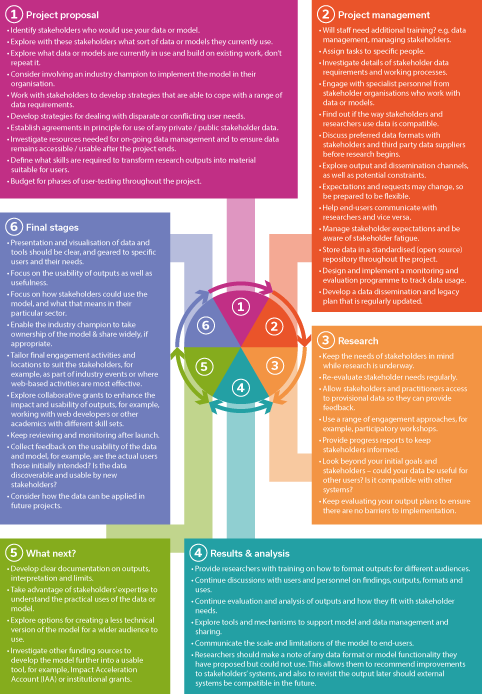Dr Katie Jenkins
Environmental Change Institute, University of Oxford
Focusing on adaptation to climate change in the built environment, the secondment aims to enhance the uptake, utility and value of existing simulation models at the building-, suburban- and city-scale by building on existing EPSRC-funded research to:
- engage with targeted stakeholder groups to investigate the barriers and challenges of policy and industry uptake and application of several existing simulation models
- use existing models and output from the ARCADIA project (focusing on London) as a case study to demonstrate possible strategies to better meet stakeholder requirements
- work with key stakeholders to investigate the utility and enhanced impact of the proposed strategies
- develop guiding principles to inform both stakeholders and researchers to help ensure models currently in development are suitable for informing policy-making and practice in the future.
Planned project outputs:
- Guiding principles for those responsible for both using and developing climate change simulation models to support decision-making.
- Case study from ARCADIA demonstrating possible strategies for increasing the relevance, utility and impact of existing models.
- A community of stakeholders, primarily in London initially, with enhanced understanding of the potential utility of climate change simulation models from research and an increased ability to access and use such models to support policy and practice.
Key outcomes:
- The project aims to provide an increased capability to use demand-driven simulation models and output to inform a more resilient built environment
- Users of research outputs can benefit from improved access to models and outputs
- Current and new EPSRC research PIs can use the guiding principles to adapt their model and model outputs to more usable and formats for adoption by policy and/or practice.


